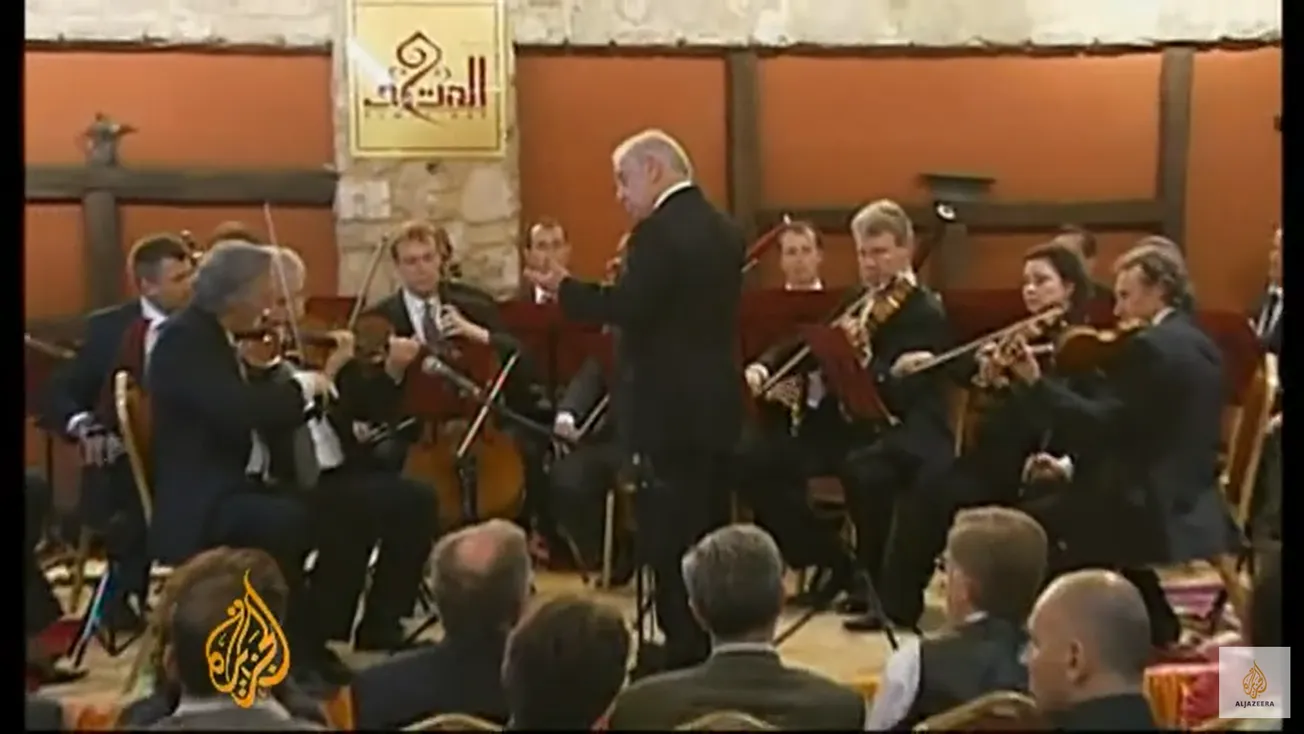In the negotiations with Hamas over a deal involving the freeing of the hostages and securing a peace, one major sticking point has been Hamas’ insistence that the war be brought to an end. Major elements of that package include Hamas dissolving its military wing and Gaza having a 3-5 year period of reconstruction. Yet, the trick has been whether, during the three 42-day phases of the freeing of hostages, the dealing with starvation and disease, and the withdrawal of Israeli forces, Washington is capable of using the facts on the ground to actually end Netanyahu’s militarism.
The sticking point is captured in Hamas’ insistence for language that states the war is over and in the U.S. attempt to substitute language that they can sell to Netanyahu, such as a “sustainable calm.” Hamas has good reasons to doubt that Washington can make an end of war that is not really an end of war actually work—as they’ve seen how Netanyahu deals with Washington’s attempted manipulations.
Certainly, over the last 24 hours, as Hamas apparently agreed to go forward with the “sustainable calm” language—a major gamble on their part—Netanyahu gave a thunderous and murderous answer, bombing civilians in Rafah and cutting off all life-saving aid. What did Biden’s administration do? They heard Netanyahu invoke the phrase, “limited action,” while they invoked the phrase, “no major action.” How has that been working out up to now?
In more straightforward English, the West is committed to managing an situation without any significant economic development for the region and an Israel that, at an earlier time, might have been more receptive to the eminent good sense of an “Oasis Plan”—to plentiful clean water, plentiful inexpensive energy, and plenty of land to be irrigated and made fertile—has instead seen the “blood and soil” crazies of the “Eretz Yisrael” gang hijack Israel’s present and threaten its future. (And, indeed, this is the very same gang that on Nov. 4, 1995 murdered Prime Minister Yitzhak Rabin, when he was moving forward with the Oslo Accord framework, when eminent good sense had more than a sliver of a chance.) Cynical, calculating Netanyahu thrives in such an environment.
The point is that Washington, if it were to desire a solution, has no capacity to implement one—because it is addicted to making money without doing anything. Leadership in such an election year would rally a U.S. population by giving our youth a hope for a productive future, a mission that puts the U.S. in league—or even, to start with, in competition—with China in wiping out poverty around the world. The outbreak of youth demonstrations cry out for such—yet the pathetic figures of such as President Biden and Speaker of the House Mike Johnson are engaged in a race to the bottom, as to who can best crush the spirit of the country.
What China’s Xi Jinping explained to France, on his first stop on the present May 5-10 tour of Europe, may be hard for a cynical West to wrap their minds around, but it is exactly the quality of statecraft needed for the West to survive. Xi began by proposing to France that the two countries need to have the particular state of mind that brought about the establishment of diplomatic relations 60 years ago, to now be able to together promote peace and development throughout the world. There’s more—but, goodness, how does a country adopt a state of mind?
Today is the 200th anniversary of the birth of Beethoven’s unique, relentlessly optimistic Ninth Symphony, the “Choral” Symphony based upon Friedrich Schiller’s revolutionary poem, An die Freude (Ode to Joy). The co-founder and conductor of the only joint Israeli-Palestinian orchestra, Daniel Barenboim, celebrated the birth of the Ninth by posing Beethoven’s genius: “The greatness of music, and the Ninth Symphony, lies in the richness of its contrasts. Music never just laughs or cries; it always laughs and cries at the same time. Creating unity out of contradictions—that is Beethoven for me. Music, if you study it properly, is a lesson for life. There is much we can learn from Beethoven. He is the master of bringing emotion and intellect together. With Beethoven, you must be able to structure your feelings and feel the structure emotionally—a fantastic lesson for life!”
Beethoven lives where the human mind and heart have worked out why they exist in the same human being, where both discover their proper place and potential in the marriage. In that sense, Beethoven had truly mastered Schiller’s education of the emotions, or “Aesthetic Education”—because he wrestled with the sorrows of the world always from the rigorous compassion for all humanity, driving forward the necessary solutions—what we call “genius.”
A country can adopt a state of mind because it has to, because the horror of not doing so is intolerable, because the joy of doing so is so human. So, sing happy birthday with Beethoven’s Ninth and its sequel, the sorrow and joy of the “Oasis Plan”, and share the joy with others of changing one’s state of mind.






